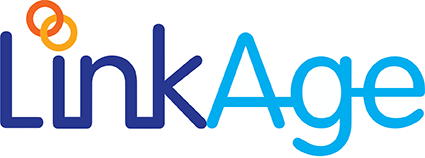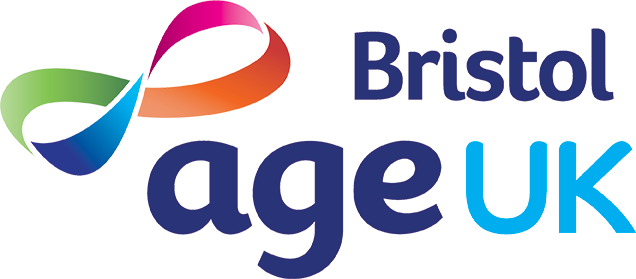For use in dealing with complaints by participants or beneficiaries of LinkAge and by others interacting with LinkAge such as tutors and suppliers.
Stage One: Informal Resolution
We encourage people with a complaint to speak in the first instance to a LinkAge Network staff member. The matter should then be discussed with the aim of reaching a satisfactory resolution. Any member of staff or volunteer receiving an informal complaint must inform their Line Manager. The Line Manager should note: the date and time of the complaint, the substance of it and what action was taken to put things right.
At this point, if the service user is still dissatisfied, the complainant can take their complaint or representation to the next stage. The LinkAge Network staff dealing directly with the complainant must ensure that they give the complainant a copy of this procedure.
Stage Two: Formal Resolution
At this stage LinkAge Network staff will ask the complainant to make their complaint formally in writing. The written complaint should then be forwarded to the LinkAge Network Chief Executive (CE). It is important to make sure that the substance of the complaint is made as clear as possible. If the complainant is having difficulty putting the complaint in writing, or does not wish to do so, a staff member or volunteer – someone unconnected with the complaint – should offer to help them. However the complaint is expressed, a written record of it must be made and must be agreed with the complainant before proceeding.
Next steps:
- The complaint is sent to the CE at LinkAge Network office.
- An acknowledgement will be sent by return, stating that the matter will be investigated and LinkAge Network will reply fully within 7 working days. If the investigation of the complaint is taking longer, then the CE should write before the 7 working days elapse to let the complainant know how long the process is likely to take.
- The CE will look into the complaint and then give a full reply in writing to the complainant, copying in anyone directly concerned with the complaint, for example the CDW. The aim is to reach a satisfactory conclusion for all parties concerned if at all possible. If the complainant prefers another communication channel, for example a face to face meeting or a telephone conversation, this should be accommodated as far as possible. However, the CE must ensure that a written record is made and agreed.
Following the response by the CE, if a conclusion is not reached, and the complainant is still dissatisfied, they are entitled to go to Stage 3.
Stage Three: Final Review
In the event that the complaint is not resolved at stage two, the person making the complaint is entitled to contact the Chair of the LinkAge Network Board in writing. The Chair will acknowledge receipt in writing and should state that they will provide the complainant with a
decision within 10 working days. However, if the investigation of the complaint is taking longer, then the Chair should write before the 10 working days elapse to let the complainant know how long the process is likely to take.
The Chair is entitled to submit the complaint to the full Board for discussion, and then write to the complainant summing up the Board’s decision.
The decision at this stage of the review will be final and there are no further stages.
Serious Allegations
Where serious allegations are being made, these should be reported as soon as they are heard to the CE. It may be more appropriate to use other LinkAge Network policies in these circumstances. For example:
- Safeguarding Policy and procedure (to raise adult or child protection issues)
- Whistleblowing Policy (to report wrongdoing, fraud, or unethical conduct)
- Health & Safety Policy (to deal with incidents or accidents resulting in injury or damage)
- Disciplinary Procedure (to address problems with staff)
NB: Some allegations will be a matter for the Police or Social Care and these require immediate action.
January 2020

